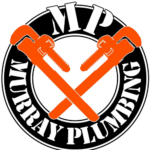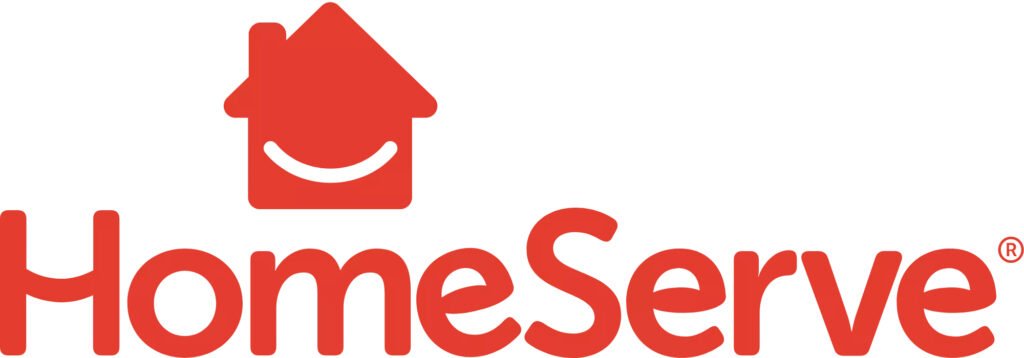About the Author
Chris Murray is a dedicated professional in the field of sustainable water management and home improvement, with over 10 years of experience working in Middletown, PA. Chris Murray is passionate about helping homeowners make eco-friendly choices and improve their water management systems.
As someone deeply involved in sustainable home practices, I often get asked about the benefits and logistics of rainwater harvesting systems in Middletown PA. Collecting and utilizing rainwater is not just an eco-friendly choice; it’s also a practical solution that can offer significant benefits for your home. In this article, I’ll cover everything you need to know about setting up and maintaining a rainwater harvesting system, including DIY rainwater harvesting techniques, the importance of proper filtration, and the many benefits of using rainwater. Visit this page for more info.
Rainwater Harvesting Systems in Middletown PA
Implementing rainwater harvesting systems in Middletown PA can be a great way to make your home more self-sufficient. These systems collect rainwater from rooftops and other surfaces, channeling it into storage barrels or tanks for later use. The collected rainwater can be used for various purposes, from watering your garden to flushing toilets.
Before you start, it’s essential to consider the amount of rainfall your area typically receives and the space available for installation. Middletown generally experiences a moderate amount of rainfall, making it a good candidate for rainwater harvesting. The more rain you can collect, the more benefits you’ll reap.
Benefits of Collecting and Using Rainwater in PA Residences
There are numerous benefits of collecting and using rainwater in PA residences. First and foremost, using rainwater reduces your dependency on municipal water supplies, which can lead to lower utility bills. Additionally, rainwater is often softer and contains fewer chemicals than treated tap water, making it ideal for watering plants and lawns.
Rainwater harvesting also contributes to environmental sustainability. By reducing the amount of runoff that enters storm drains, you help decrease the risk of local flooding and reduce the burden on stormwater management systems. This practice can also help recharge groundwater supplies.
DIY Rainwater Harvesting Techniques
For those interested in DIY rainwater harvesting techniques, there are several simple and cost-effective methods you can use. One of the most common approaches is to install rain barrels. These barrels collect rainwater from your roof and store it for later use.
Here’s a basic overview of how to set up a rain barrel:
- Choose a Barrel: Select a barrel made from food-grade plastic or other non-reactive materials. Make sure it has a secure lid to keep out debris and insects.
- Install a Diverter: Attach a rainwater diverter to your downspout to direct water into the barrel. This diverter will ensure that only clean water enters the barrel.
- Position the Barrel: Place the barrel on a stable surface, such as a stand or platform, to make it easier to access and to allow gravity to help with water flow.
- Add a Spigot: Install a spigot near the bottom of the barrel to make it easy to access the collected water.
- Maintain the System: Regularly clean the barrel and inspect the diverter to ensure the system is functioning correctly.
Rain Barrel Installation and Maintenance
Rain barrel installation and maintenance are crucial for ensuring that your rainwater harvesting system operates efficiently. Proper installation is essential to prevent leaks and ensure optimal water flow.
To maintain your rain barrel:
- Clean the Barrel: Periodically clean the interior of the barrel to prevent algae and bacteria growth. Use a non-toxic cleaner and rinse thoroughly.
- Check for Leaks: Inspect the barrel and connections for any signs of leaks. Tighten any loose fittings and repair any cracks or damage.
- Winterize the System: In colder climates, such as Middletown, it’s important to winterize your rain barrel to prevent freezing. Empty the barrel and store it in a warm place or remove it from the system during winter.
Utilizing Rainwater for Landscaping and Irrigation in Middletown
One of the most popular uses for collected rainwater is utilizing rainwater for landscaping and irrigation in Middletown. Rainwater is excellent for watering gardens, lawns, and plants because it’s free of chemicals and tends to be softer than tap water.
You can use rainwater for:
- Watering Plants: Use a hose or watering can to distribute rainwater to your garden beds and containers.
- Irrigation Systems: Connect your rain barrel to a drip irrigation system to provide consistent moisture to your plants.
Ensuring Proper Filtration and Storage of Rainwater in PA
Ensuring proper filtration and storage of rainwater in PA is essential for maintaining water quality and preventing contamination. While rainwater is generally clean, it can pick up debris and contaminants as it falls and during storage. Get the full scoop here
To keep your rainwater clean:
- Install a Filter: Place a filter on the rain barrel’s inlet to catch leaves and debris before they enter the barrel.
- Use a Cover: Keep the barrel covered to prevent mosquitoes and other insects from breeding in the water.
- Monitor Water Quality: Regularly check the quality of the rainwater and ensure it remains clear and free from foul odors.
Rainwater Harvesting Dos and Don’ts
When setting up and maintaining your rainwater harvesting system, follow these rainwater harvesting dos and don’ts:
Dos
- Do Regular Maintenance: Clean and inspect your system regularly to ensure it’s functioning correctly.
- Do Use Clean Containers: Ensure that barrels and storage containers are clean and made from safe materials.
- Do Consider Water Quality: Filter rainwater and keep storage containers covered to maintain water quality.
Don’ts
- Don’t Use Contaminated Water: Avoid using rainwater that appears dirty or has an unpleasant smell for drinking or cooking.
- Don’t Neglect System Maintenance: Regularly check for issues like leaks and blockages to prevent system failures.
- Don’t Overlook Local Regulations: Be aware of any local regulations regarding rainwater harvesting and ensure your system complies with them.
Environmental and Cost-Saving Benefits of Rainwater Harvesting
Environmental and cost-saving benefits of rainwater harvesting are substantial. By collecting and using rainwater, you reduce your reliance on treated municipal water, which not only lowers your water bills but also reduces your environmental footprint.
Using rainwater helps conserve drinking water resources and reduces the amount of runoff entering storm drains. This can lead to less strain on local water treatment facilities and a lower risk of flooding in your area.
Importance of Sustainable Water Management Practices
The importance of sustainable water management practices cannot be overstated. Implementing practices like rainwater harvesting helps promote environmental stewardship and ensures that we use our water resources wisely.
Sustainable water management practices help protect natural water sources, reduce pollution, and promote efficient use of resources. By adopting these practices in your home, you contribute to a healthier environment and a more resilient community.
Enhancing Self-Sufficiency with Rainwater Harvesting in Middletown
Enhancing self-sufficiency with rainwater harvesting in Middletown is a rewarding way to take control of your water supply. By collecting and using rainwater, you can reduce your dependence on external water sources and create a more self-reliant household.
Setting up a rainwater harvesting system is a practical step toward achieving greater self-sufficiency. With a little effort and maintenance, you can enjoy the benefits of harvested rainwater and contribute to a more sustainable future for your community.
In conclusion, rainwater harvesting offers a range of benefits for Middletown, PA homeowners. From saving money on water bills to promoting environmental sustainability, it’s a practice worth considering. If you have any questions about setting up a rainwater harvesting system or need assistance with installation and maintenance, feel free to reach out. I’m here to help you make the most of this eco-friendly solution for your home.



